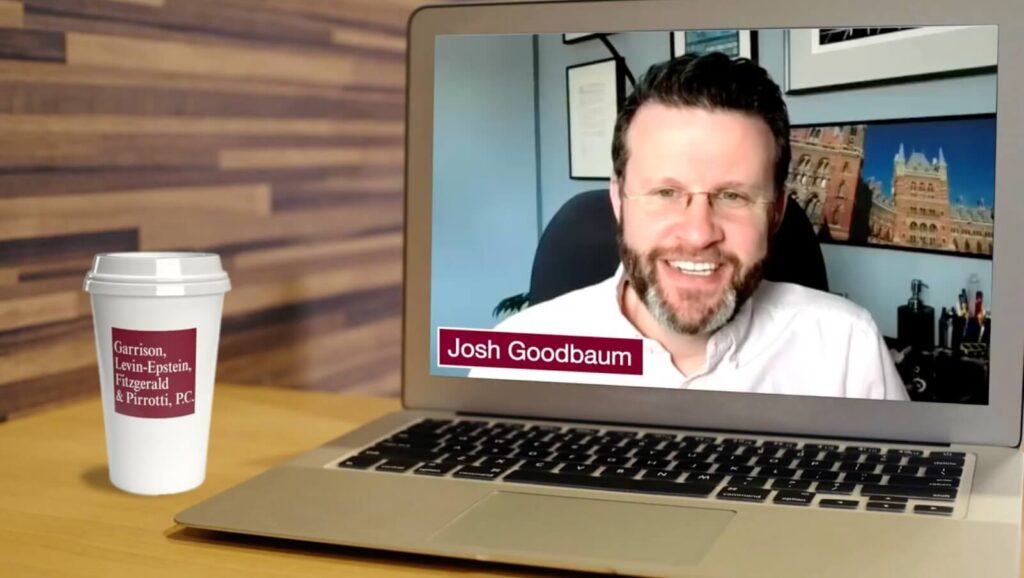Josh Goodbaum: Hi, Amanda!
Amanda DeMatteis: Hi, Josh. What are we going to talk about today?
Goodbaum: I want to talk about the Family and Medical Leave Act, or FMLA, which is a federal and Connecticut statute that allows employees to take job-protected leave when they or their family member has a serious health condition. One of the questions we get a lot about FMLA leave from employees thinking of taking it is, “Is there anything I can’t do while I’m out on FMLA leave? Is there anything I need to be careful not to do if I have taken this job-protected leave from my employment under the FMLA?” What do you tell those people?
DeMatteis: Simple answer: Be consistent.
When you apply for FMLA leave, you’re going to have to ask your doctor or treating physician to fill out a medical certification. And the medical certification, along with the application for FMLA, is signed by you and signed by your physician, and it lays out exactly why you cannot work at this particular time. So, that’s the piece of paper that’s telling you what you can or cannot do, whether it be in work or outside of work.
Let’s use as an example a person who is required to lift more than 15 lbs. in the regular course of their job. If they have recently had shoulder surgery and their orthopedic surgeon says, “Look, you can’t lift 15 lbs. or more at this particular time,” they’re going to write that into the medical certification, which is going to go to the employer for approval. If you can’t lift 15 lbs. in work, then you can’t lift 15 lbs. out of work. So, you don’t want to be going to the gym. You don’t want to be doing exercises that are going to go above and beyond the restrictions that your physician gave you in that medical certification.
There are folks that have jobs that require them to run periodically. Maybe a doctor will say, “Look, you can’t run at this particular time because of X disability or X impairment that you’re suffering from right now.” If you can’t run at work, then you shouldn’t be going for your morning or your evening run outside of work either. You want to be consistent.
Of course, you can also get FMLA leave for a serious medical condition of an immediate family member. If you apply for that leave and you are granted that leave to take care of a family member who is sick or suffering from a disability at a particular time, if you have pictures all over Facebook of you on vacation without the very family member that you are supposed to be supporting at that particular time, that’s a problem.
So, any of these things will lead to your employer (appropriately) saying you’ve fraudulently applied for and utilized leave under the FMLA, and they therefore would be able to legally terminate you.
So, remember: Be consistent. Whatever restrictions you have in work, you also have outside of work, and it also applies to any activities that you’re participating in outside of work as well. Any questions that you have, please reach out to an employment lawyer. Remember those two words: Be consistent.
Goodbaum: Fantastic advice. Thank you, Amanda. Take care.
DeMatteis: Take care.

